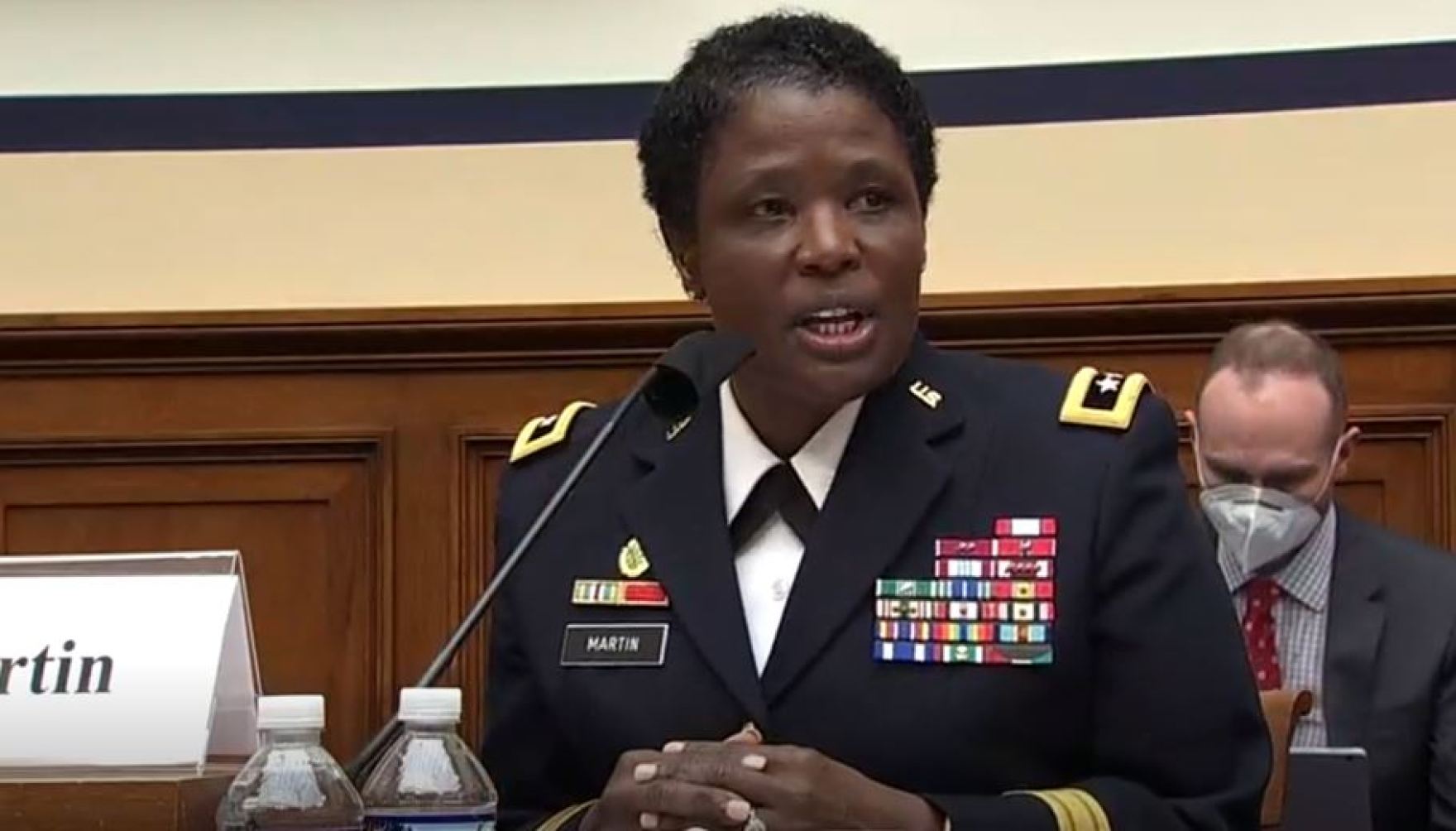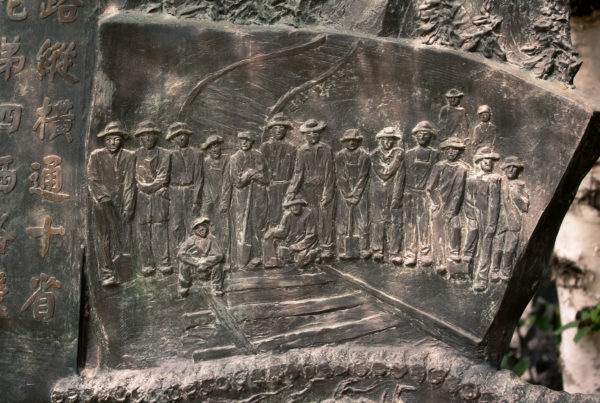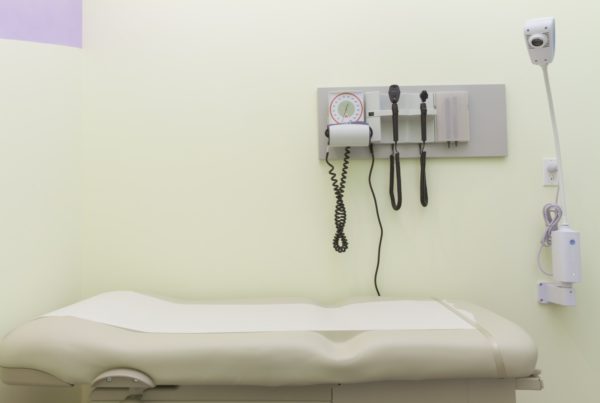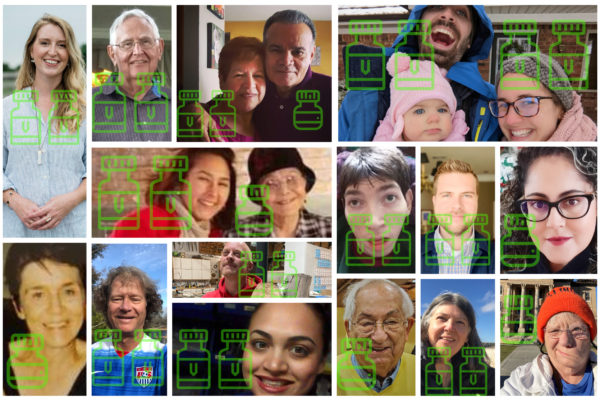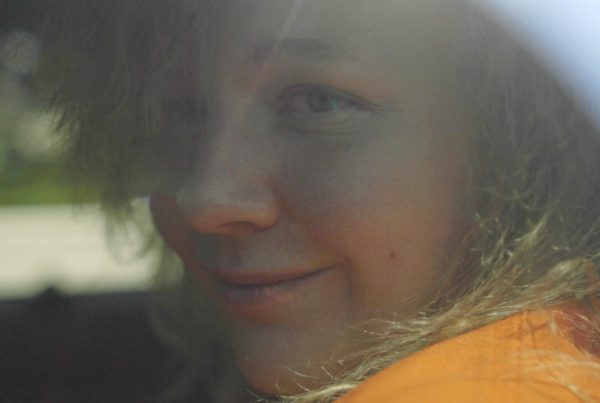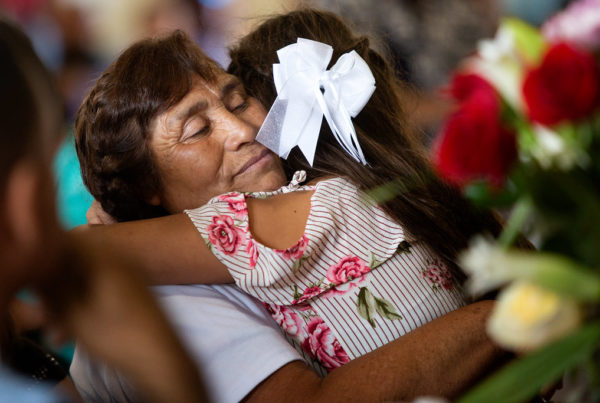After Specialist Vanessa Guillen was killed by another soldier at Fort Hood last April, a civilian review panel looked at how Army investigators handled the case — and the base’s ability to respond to sexual assault and harassment allegations.
The report found the Army’s Criminal Investigation Command to be understaffed, under-resourced and unable to pursue some cases properly.
CID chief Major General Donna Martin gave an update regarding the group’s recommendations at a House Armed Services Committee hearing Tuesday.
“As a result of the Fort Hood independent findings, my command started a bottom-up risk assessment of the entire command,” she said.
In her opening remarks, Martin described two programs Fort Hood put in place after the report came out. But she didn’t give many examples of CID’s own reforms, which concerned Democratic Congresswoman Jackie Speier of California.
“I’m truly disappointed that that is the extent of what you have gleaned from the report,” she said after Martin’s address.
General Martin said she would push for 300 civilian agents to be added across the agency — some of whom would go to Fort Hood. She also said Army investigators can now stay in place longer when dealing with complex investigations.
The base has gotten better at forensic cell phone analysis, too, Martin added. Issues with cell phone tracking hampered the Guillen investigation and many other missing soldier cases.
But Representative Jim Banks, a Republican from Indiana, said he needed more details about how Martin had improved relationships with civilian law enforcement agencies around Fort Hood.
“I’m not hearing a specific answer about a specific effort at Fort Hood to repair damaged relationships. There should be an extra effort or strategy. I hope that you’ll come back and give us more of a specific answer to that question,” Banks said.
CID may switch to a civilian-led agency, according to a report from Army Times. But that proposal hasn’t been approved by Army leaders.


